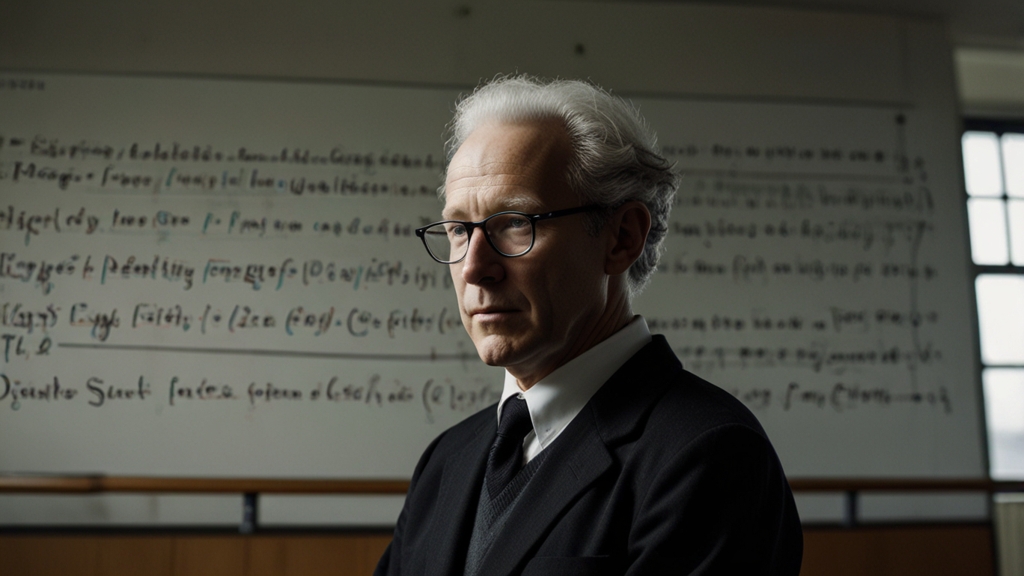The Exodus Revolution Changing the Face of Demographics
The concept of an exodus traditionally conjures up images of large groups of people migrating for a better life. Historically, these migrations have often been fueled by wars, famines, and other significant socio-political factors. However, the 21st century is witnessing a new kind of mass movement that's reshaping demographics globally: the Exodus Revolution. Driven by technological advances, economic opportunities, and shifting societal norms, this revolution is altering the way we understand populations and their distribution.
Factors Driving the Exodus Revolution
Several key factors contribute to this modern-day exodus. First and foremost is the rapid advancement in technology, particularly the internet and mobile communications. These innovations have minimized the barriers of distance, making it easier for individuals to seek opportunities anywhere in the world. Virtual working environments mean that geographical constraints are no longer a significant impediment to employment.
Secondly, economic factors play a substantial role. Developing nations offer burgeoning markets and untapped opportunities for entrepreneurship and employment. Countries previously considered part of the "Global South" are now emerging as economic powerhouses, attracting talent from all over the globe.
Lastly, societal shifts such as changes in family structure, increased urbanization, and a growing preference for a higher quality of life are compelling people to move. Cities offer better healthcare, education, and lifestyle amenities compared to rural areas, thus becoming hotbeds for relocations.
The Demographic Impact
This mass movement has a significant impact on global demographics. Urbanization is one of the most visible effects. Cities are growing at an unprecedented rate, leading to what some experts term "mega-cities." These large urban areas are becoming melting pots of cultures, ethnicities, and languages, introducing unprecedented diversity.
Furthermore, the age distribution within populations is shifting. Younger people are more likely to migrate to urban centers, leaving rural areas with an aging population. This trend has significant implications for social services, healthcare, and economic stability in different regions.
"Migration is as natural as breathing, as eating, as sleeping. We are a migratory species." — J. Maarten Troost
Opportunities and Challenges
While the Exodus Revolution brings numerous opportunities, it also presents some challenges. On the positive side, the cross-pollination of ideas, cultures, and skills enriches societies. Countries that embrace this diversity often see economic growth and enhanced innovation.
However, this mass movement also brings challenges like overcrowding in cities, strain on infrastructure, and the potential for social tensions. Governments and policymakers need to focus on sustainable urban planning, investment in public services, and fostering social cohesion to manage these issues effectively.
"The great question of our time is, 'Will we be able to go on living together in harmony?'" — Jacques Barzun
Future Prospects
Looking forward, the Exodus Revolution is likely to intensify with advancements in technology and continued socio-economic transformations. Smart cities, driven by the Internet of Things (IoT) and artificial intelligence, could become the next frontier in this revolution, offering even more reasons for people to relocate.
Furthermore, policies that promote ease of migration, cultural assimilation, and economic integration will be crucial. Education and re-skilling will play essential roles in ensuring that the workforce can adapt to changing demands.
"The future belongs to those who prepare for it today." — Malcolm X
Conclusion
The Exodus Revolution is undeniably changing the face of demographics worldwide. As technology shrinks distances and opens up new avenues for economic and personal growth, people are moving in ways never seen before. While this brings several challenges, it also offers opportunities for enriched, diverse societies capable of greater innovation and progress. The key will be to manage these changes thoughtfully, ensuring that the benefits are maximized and the drawbacks minimized. As we move further into the 21st century, the Exodus Revolution may well define the social and economic landscape of our era.










